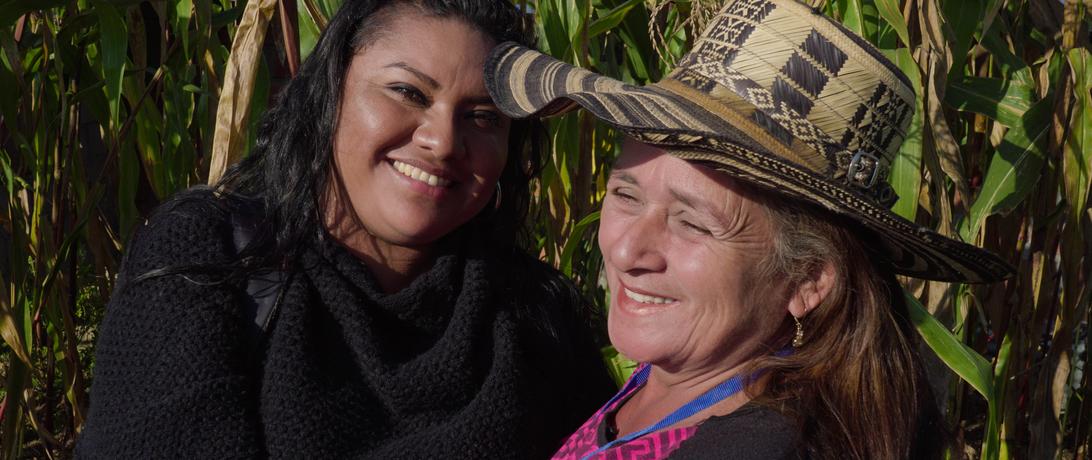One Earth Future’s PASO Colombia program has designed and implemented a Contingency Plan to support families registered in the government’s National Comprehensive Program for the Substitution of Illicit Crops (PNIS). The Contingency Plan bridges the gap created by delays in the delivery of aid planned for the families registered in the governmental program. By providing participants an income in return for the time they invest in community service and on-the-job training activities, families across the territories build social networks, develop productive, commercial and organizational skills, and strengthen infrastructures.
So far, the plan has supported 1,968 families that reside in 10 municipalities within the departments of Putumayo, Antioquia, Valle del Cauca, Cauca, Guaviare, Meta and Norte de Santander. The Contingency Plan also includes a strong gender focus, with 80% of its participants being women.
The University of Notre Dame conducted an in-depth review of the Contingency Plan, from the perspective of the best strategies for the reduction of illicit crops in the world. The result was published in the report "Illicit Crop Reduction in Colombia. An in-depth examination of PASO Colombia and its coca reduction program", an academic contribution that aims to strengthen the development of sustainable alternatives to coca crops in the country. Learn more about the publication, its recommendations and the lessons learned that were highlighted by the team of researchers on the implementation of the Contingency Plan.
The Contingency Plan to Support Ex-coca Grower Families is funded by the UN Multipartner Trust Fund for Sustaining Peace in Colombia, and implemented by PASO Colombia in coordination with the Presidential Office for Stabilization and Consolidation.

